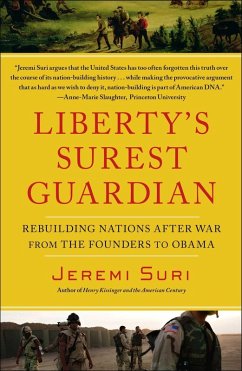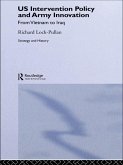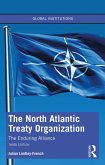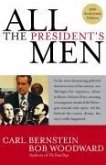Nation-building is in America's DNA. It dates back to the days of the American Revolution, when the founding fathers invented the concept of popular sovereigntythe idea that you cannot have a national government without a collective will. The framers of the Constitution initiated a policy of cautious nation-building, hoping not to conquer other countries, but to build a world of stable, self-governed societies that would support America's way of life. Yetno other country has created more problems for itself and for others by intervening in distant lands and pursuing impractical changes.
Nation-building can work only when local citizens own it, and do not feel it is forced upon them. There is no one way to spread this idea successfully, but Suri has mined more than two hundred years of American policy in order to explain the five Ps of nation-building:
PARTNERS: Nation-building always requires partners; there must be communication between people on the ground and people in distant government offices.
PROCESS: Human societies do not follow formulas. Nation-building is a process which does not produce clear, quick results.
PROBLEM-SOLVING: Leadership must start small, addressing basic problems. Public trust during a period of occupation emerges from the fulfillment of basic needs.
PURPOSE: Small beginnings must serve larger purposes. Citizens must see the value in what they're doing.
PEOPLE: Nation-building is about people. Large forces do not move history. People move history.
Our actions in Iraq, Afghanistan, and Libya will have a dramatic impact on international stability. Jeremi Suri, provocative historian and one of Smithsonian magazine's Top Young Innovators, takes on the idea of American exceptionalism and turns it into a playbook for President Obama over the next, vital few years.
Dieser Download kann aus rechtlichen Gründen nur mit Rechnungsadresse in A, B, BG, CZ, D, DK, EW, E, FIN, F, GR, HR, H, I, LT, L, LR, NL, PL, P, R, S, SLO, SK ausgeliefert werden.









